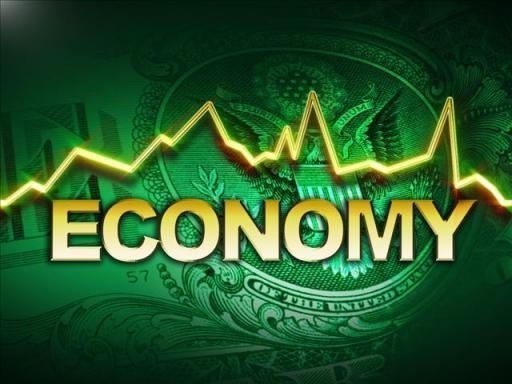Market Data

October 31, 2019
Chicago PMI Continues to Contract
Written by Sandy Williams
Manufacturing in the Midwest was weaker in August as slowing global trade continued to impact the region.
The Chicago Business Barometer fell to 43.2 in October from 47.1 in September, further sinking into contraction and posting its lowest reading since December 2015. The three-month average fell to 46.9.
New orders were at their lowest level since March 2009, declining to a 37.0 index reading. The production index rose to 46.8, but continued its fourth-month in contraction.
The order backlog index fell 13.6 points to 33.1. The inventory index strengthened to 47.1, indicating further destocking but at a slower pace.
Prices dropped at the factory gate for the third month Lower steel prices were noted, but with some upside pressure from tariffs.
“The picture is one of continued stress in the manufacturing economy, thanks mostly to the direct impact of the tariffs and the uncertainty over the future direction of trade policy,” said Ian Shepherdson, chief economist at Pantheon Macroeconomics as quoted by MarketWatch.
More than 80 percent of firms surveyed noted some impact from government-imposed tariffs—26 percent reporting a major negative effect and 56.5 percent some negative impact.
Below is a graph showing the history of the Chicago Business Barometer. You will need to view the graph on our website to use its interactive features; you can do so by clicking here. If you need assistance logging in to or navigating the website, please contact us at info@SteelMarketUpdate.com.








